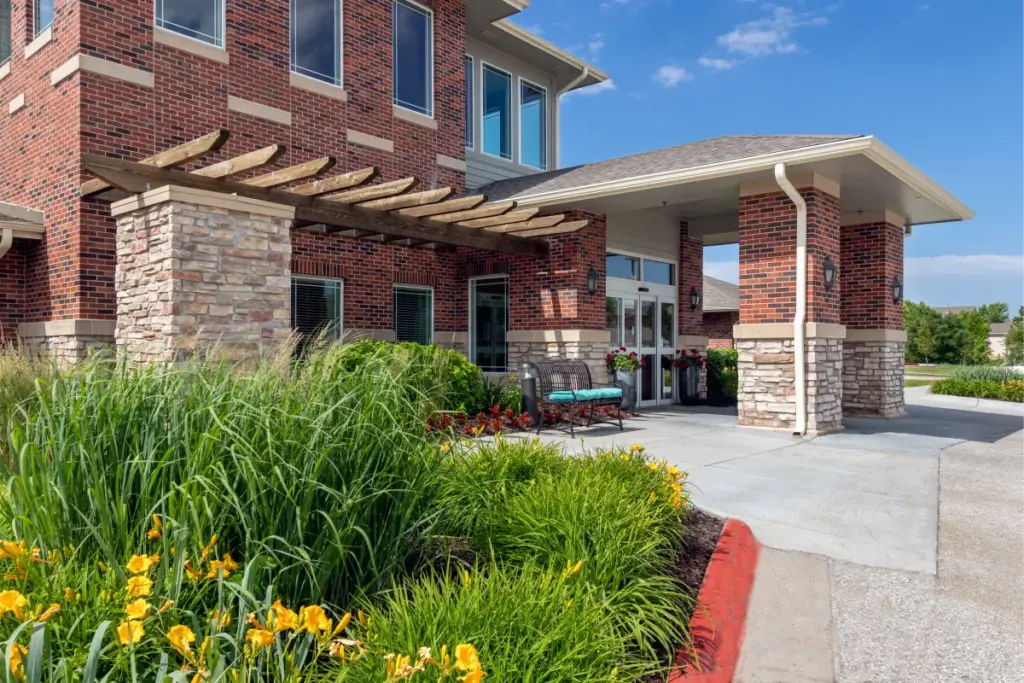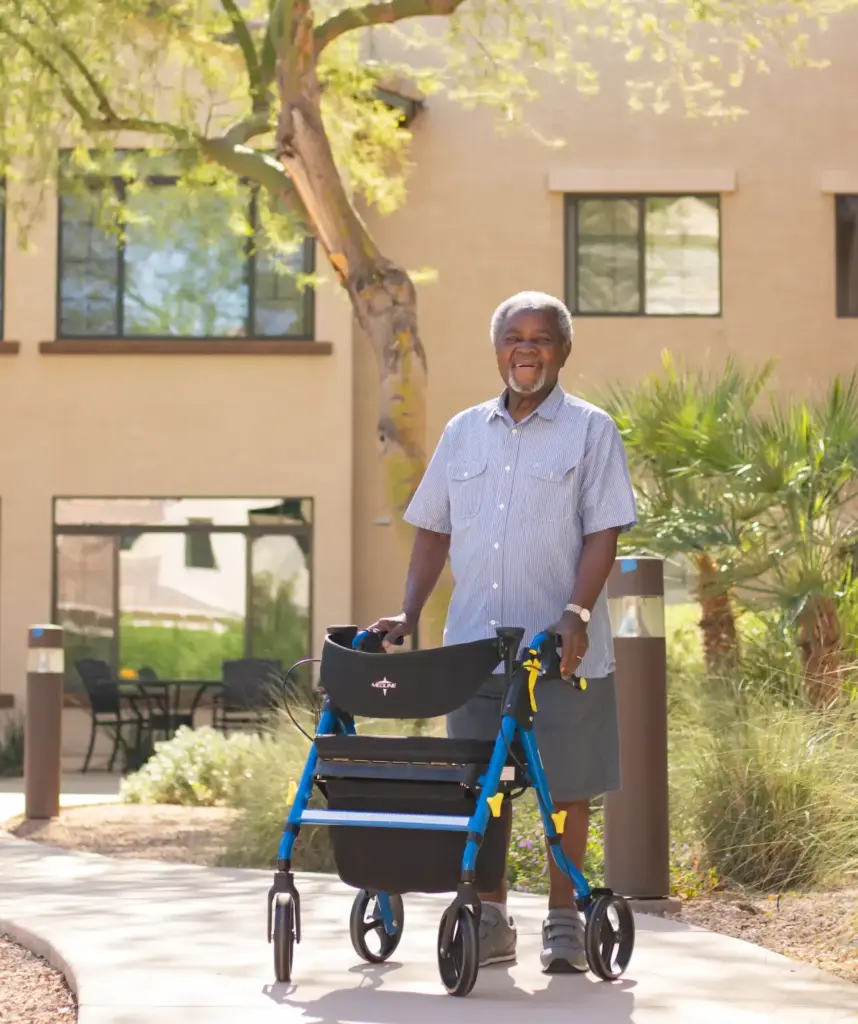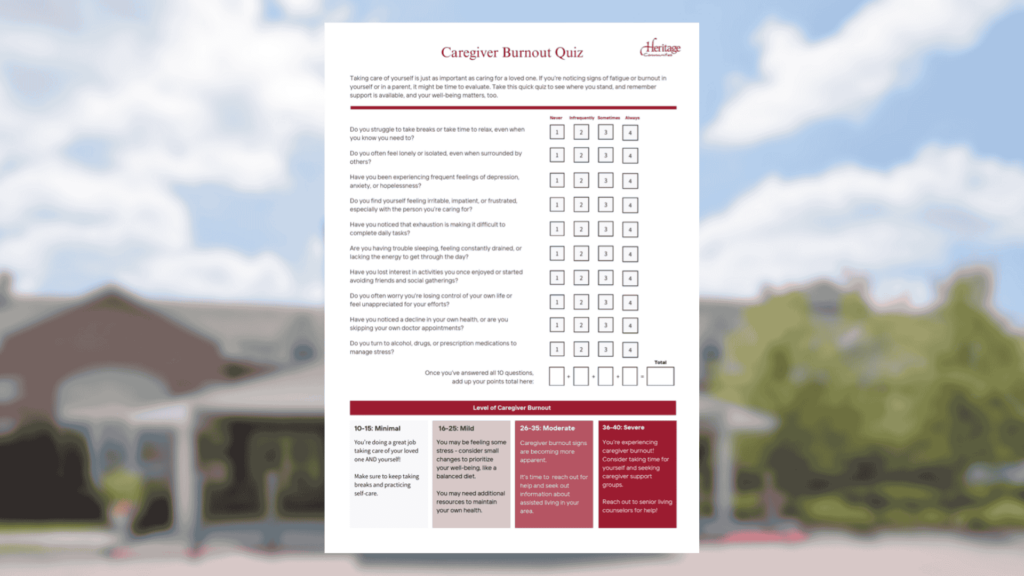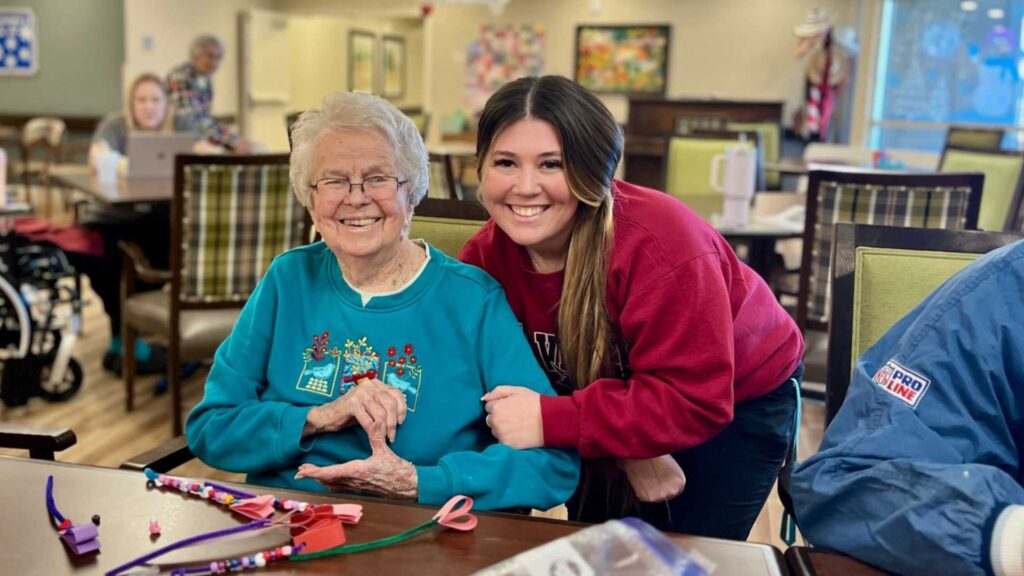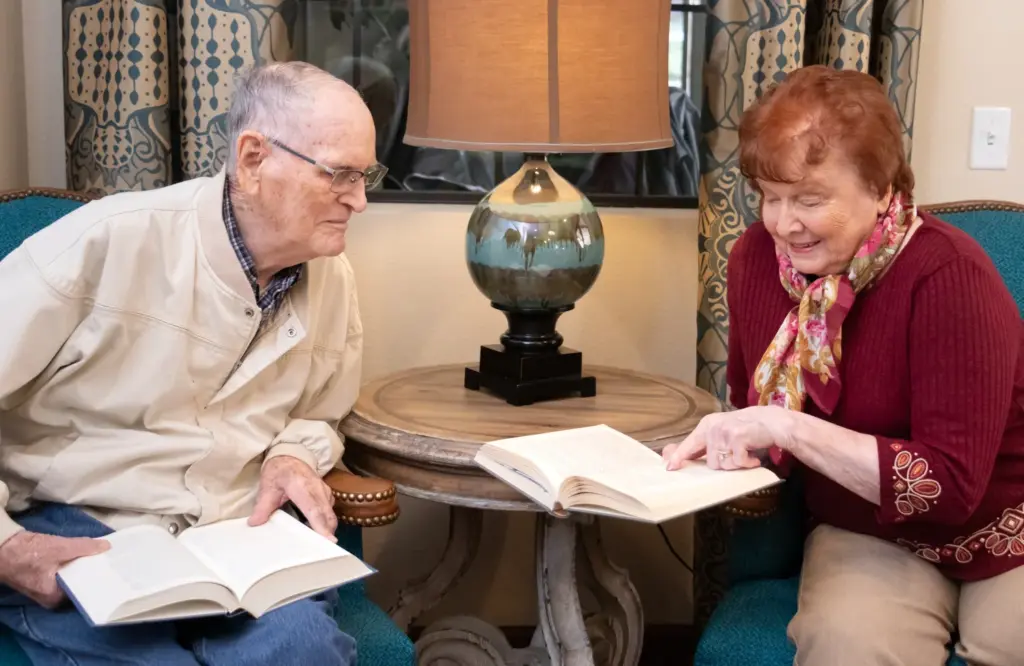The Pros and Cons of Senior Living Group Homes
Senior living group homes, also known as adult family homes, board and care homes, or residential care homes, are one of the many living options for older adults who can no longer live on their own at home.

Senior living group homes, also known as adult family homes, board and care homes, or residential care homes, are one of the many living options for older adults who can no longer live on their own at home. This environment can be a good fit for those seniors who require some assistance with personal care and desire the security, convenience and social opportunities of a supportive environment, but in a smaller, more familiar setting.
Senior Living Group Homes: The Pros
- A group home offers a more intimate atmosphere for the person who does not enjoy large groups of people found in a larger community.
- A higher staff-to-resident ratio for more individualized care can be beneficial for residents who need a bit more assistance.
- Being around others each day can help prevent loneliness and its negative health effects.
- Much smaller in size than a traditional assisted living setting, group homes can be easier to navigate for seniors with mobility issues.
- For those with dementia, the smaller, home-like environment can be an easier transition from living alone at home.
- Typically, group homes cost less than traditional long-term care options due to the fact they offer fewer amenities.
- Group homes are licensed by states and meet certain standards.

Senior Living Group Homes: The Cons
- Not as much mental or physical stimulation. In group homes, you won’t have access to a long list of structured activities and events like you would in a senior living community.
- Less opportunity to meet new people and make new friends. There’s simply not as much going on during the day in group homes for seniors. You are living with a smaller group, often 5 to 10 residents, so it’s helpful if all residents enjoy the company of one another.
- Not as much privacy. Picture a house with a limited number of rooms (some group homes offer private bedrooms, others do not). There’s less opportunity to “get away” and have your own space, as common areas are fewer and smaller.
- No on-site physician or nurse. While some group homes arrange for regular visits from medical professionals, there is no 24/7 monitoring from a physician or nurse on-site.
- Fewer staff members can make it harder to maintain consistency of care. In a larger assisted living or memory care setting, there are more caregivers and team members to cover if one employee is absent. In a smaller group home, it’s harder to provide the same level of attention if a key staff member out that day or suddenly leaves.
- Fewer amenities to enjoy. Small, resident senior group homes do not offer amenities such as a fitness center or therapy gym, extensive outdoor areas, separate rooms for activities such as arts and crafts, a salon and barber shop, and so on. In a senior living community, these amenities offer stimulation, enjoyment and opportunities for socializing.
- Need to move for higher level of care. Should a resident’s health change require a more intensive level of care, they will have to move to a community setting where that care is available. In a senior living community offering multiple care options, a resident often can either make a move within the community or can receive that care in their residence.
- Staff often provides care in addition to performing housekeeping and cooking services.
Senior Group Homes: Considerations for Making a Decision
As with any decision concerning senior living, the best advice is to carefully consider all your options, whether the choice is for your comfort and care or that of a loved one. Do your homework on the senior living options that appeal to you and arrange a visit. The more you know, the easier your decision will be.
Be sure to check out the Heritage community near you. Services in our assisted living are tailored to one’s physical, social, emotional and spiritual needs. Our goal is to help our residents remain as independent as possible for as long as possible with a personalized plan of wellness and care. We also offer an exclusive program we call “Snapshots”—a program of additional support and care for assisted living residents with mild cognitive impairments. We focus on what our residents can do and enjoy doing.
At Heritage, you can expect more: more joy, fewer worries, or unexpected conveniences!
In each of our communities, you’ll discover a home and lifestyle that lets you define living better on your terms. Explore our assisted living communities today. Download our free guide, The Complete Guide to Choosing Between Senior Living Options. Or contact us today.



